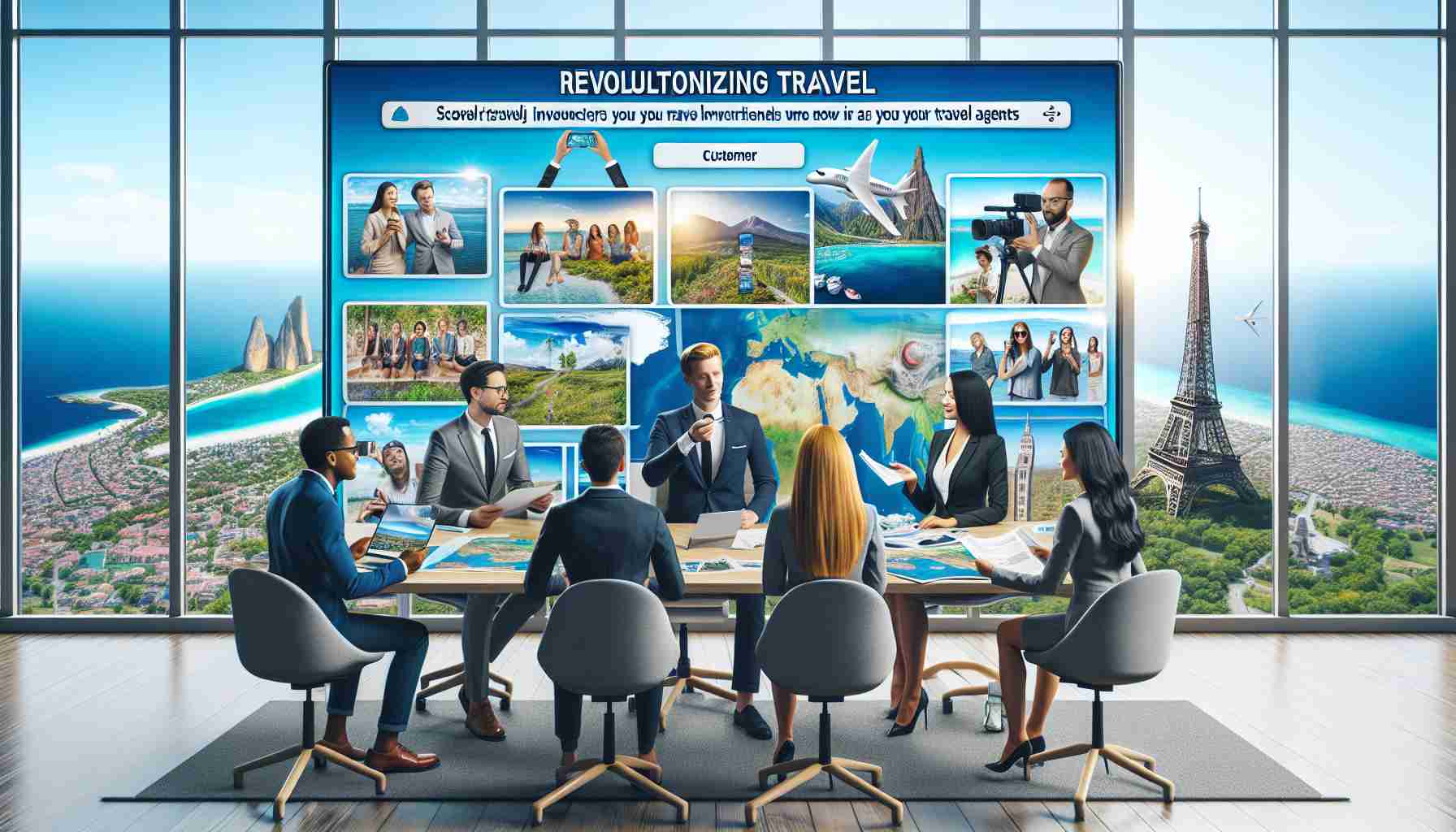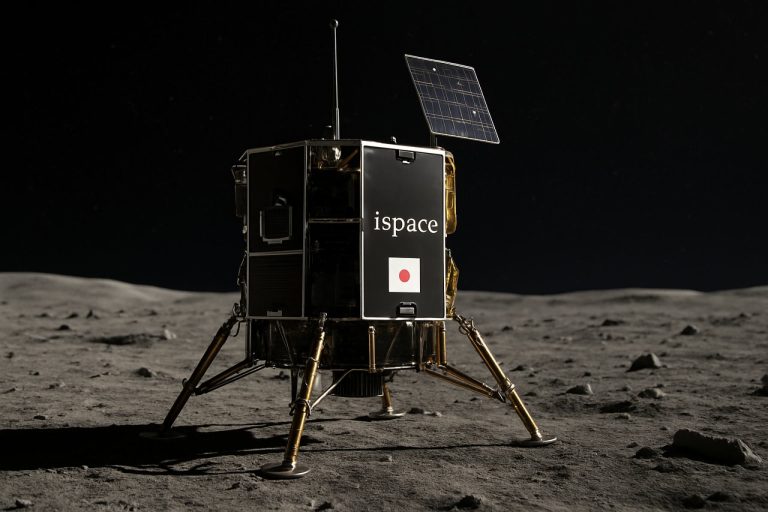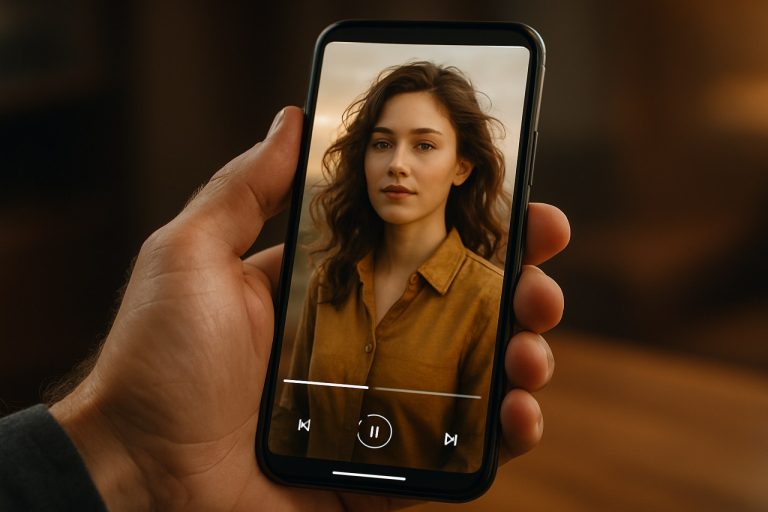
The tourism industry is undergoing a radical transformation thanks to the influence of social media. A new player in Spain, Drimer, is pioneering a unique approach by turning popular videos shared by content creators into comprehensive travel packages. This innovative strategy allows travelers to replicate the exact experiences showcased in influencers’ posts, complete with itineraries, accommodations, dining options, and must-see attractions.
At the recent Fitur trade fair, Drimer’s representatives discussed their collaborations with over fifty influencers who share their adventures online, garnering massive viewership in the process. When agreements are reached, these influencers’ videos are uploaded to Drimer’s platform, where potential travelers can easily browse and book their desired trips.
According to Laura Casas, the operations manager at Drimer, the key distinction from traditional travel agencies lies in the digital experience and direct engagement with content creators. This relationship enhances the customization of travel routes to fit consumer desires.
However, the rise of influencer marketing in travel has its challenges. Prominent influencers can inadvertently lead to the overtourism of certain destinations, prompting some content creators to keep hidden gems undisclosed.
Many influencers, like Elena Herraiz and Víctor Gata, see their role as inspirational guides for their substantial following. They emphasize that travelers often seek their own, personalized journeys rather than packaged tours, reinforcing that influencers and traditional agencies can collaborate synergistically to enhance travel planning.
Transforming Travel: The Social Media Influence
The intersection of social media and tourism is reshaping the landscape of travel, presenting far-reaching implications for society and culture. As content creators drive travel trends, destinations previously obscured from the mainstream are thrust into the spotlight, fueling both interest and anxiety about overtourism. This phenomenon complicates the balance between local economies benefiting from increased tourism and the potential degradation of cultural identity and environmental integrity.
With platforms like Drimer pioneering travel packages crafted from viral content, the global economy is witnessing a radical shift. Travel, once a luxury commodity, is evolving into a more accessible pursuit tailored to individual preferences. Tourists now prioritize unique experiences over generic options, prompting the travel industry to adapt quickly to a dynamic landscape. This trend could herald the emergence of hyper-personalized travel, where itineraries are not just planned but co-created with influencers.
However, as regions become inundated with visitors drawn by social media allure, sustainable practices must be at the forefront of this evolution. Social media’s role in shaping travel choices requires a concerted effort from all stakeholders—travelers, platforms, and local communities—to protect cultural heritage and the environment. The ongoing challenge lies in leveraging this powerful tool for positive change, ensuring that travel remains fulfilling and respectful of the places it touches. As we look ahead, the future of travel hinges on this delicate balance, underscoring the importance of conscientious tourism in an era heavily influenced by digital narratives.
Unlock Your Dream Vacation: How Social Media Influencers are Transforming Travel
The tourism industry is experiencing a notable shift driven by the power of social media. One of the innovative leaders in this transformation is Drimer, a company based in Spain that is revolutionizing the way we book travel through influencer collaboration. By converting captivating videos from content creators into extensive travel packages, Drimer is providing a fresh, exciting avenue for travelers to curate their own experiences.
The Concept Behind Drimer
Drimer’s approach melds engaging digital content with practical travel planning. By allowing users to directly book trips featured in influencers’ posts, Drimer is not only showcasing breathtaking destinations but also simplifying the travel booking process. This innovative service includes detailed itineraries, accommodation options, local dining recommendations, and a list of must-see attractions, all designed for seamless travel experiences.
Laura Casas, the operations manager at Drimer, highlights that their service stands apart from traditional travel agencies by offering a more personalized digital experience. Travelers can directly interact with influencers, gaining insights and advice that are often missing from conventional travel services. This unique relationship enables a higher level of customization for travel plans, aligning perfectly with the modern traveler’s desire for bespoke experiences.
Pros and Cons of Influencer Travel Marketing
Pros:
1. Personalized Itineraries: By leveraging influencers’ curated experiences, travelers can craft trips that perfectly match their interests.
2. Direct Engagement: With access to influencers, travelers can seek advice tailored to their preferences and needs.
3. Unique Destinations: Influencers often highlight destination experiences that may be overlooked by traditional travel agencies, allowing for exploration of lesser-known locales.
Cons:
1. Overtourism: Popular influencers can unintentionally promote specific destinations to the point of overtourism, disrupting local ecosystems and communities.
2. Misleading Content: Expectations based on heavily edited or curated influencer content can lead to disappointment when reality doesn’t match the perceived experience.
3. Lack of Authenticity: Some travelers may question the authenticity of experiences advertised by influencers, especially if they are sponsored.
Market Trends and Insights
The rise of influencer marketing in travel aligns with growing consumer preference for authentic experiences over standard tourism packages. According to recent data, around 70% of millennials consider social media referrals as crucial to their travel decisions. This trend is only expected to grow as new content platforms emerge.
The collaboration between influencers and travel companies not only boosts visibility but also drives engagements and bookings. As more influencers enter the travel space, the competition for unique content and travel partnerships will intensify.
Use Cases of Drimer’s Approach
Drimer effectively exemplifies several use cases:
– Adventure Tourism: Collaborating with adventure influencers to create packages for thrill-seekers.
– Culinary Travel: Partnering with food bloggers to bundle cooking classes and restaurant options in their itineraries.
– Cultural Immersion: Working with cultural influencers to promote travel experiences that focus on local traditions and lifestyles.
Limitations and Future Predictions
While Drimer is currently leading this space, the challenges associated with influencer authenticity and sustainability remain. There is a risk that over-reliance on influencers could dilute the unique appeal of destinations. Additionally, as social media evolves, so may the methods for travel promotion.
Looking ahead, advancements in AI and virtual reality could further enhance how travel is marketed and experienced. These technologies could provide previews of trips, allowing consumers to experience a destination before committing to a booking, ensuring richer engagement and satisfaction.
Conclusion
Drimer is at the forefront of a radical change in how travel experiences are packaged, driven by the influence of social media. As the industry continues to adapt to the evolving landscape of consumer expectations, the synergy between influencers and travel companies promises a future filled with exciting possibilities for personalized travel.
To learn more about the latest trends in travel and tourism, visit our website.






